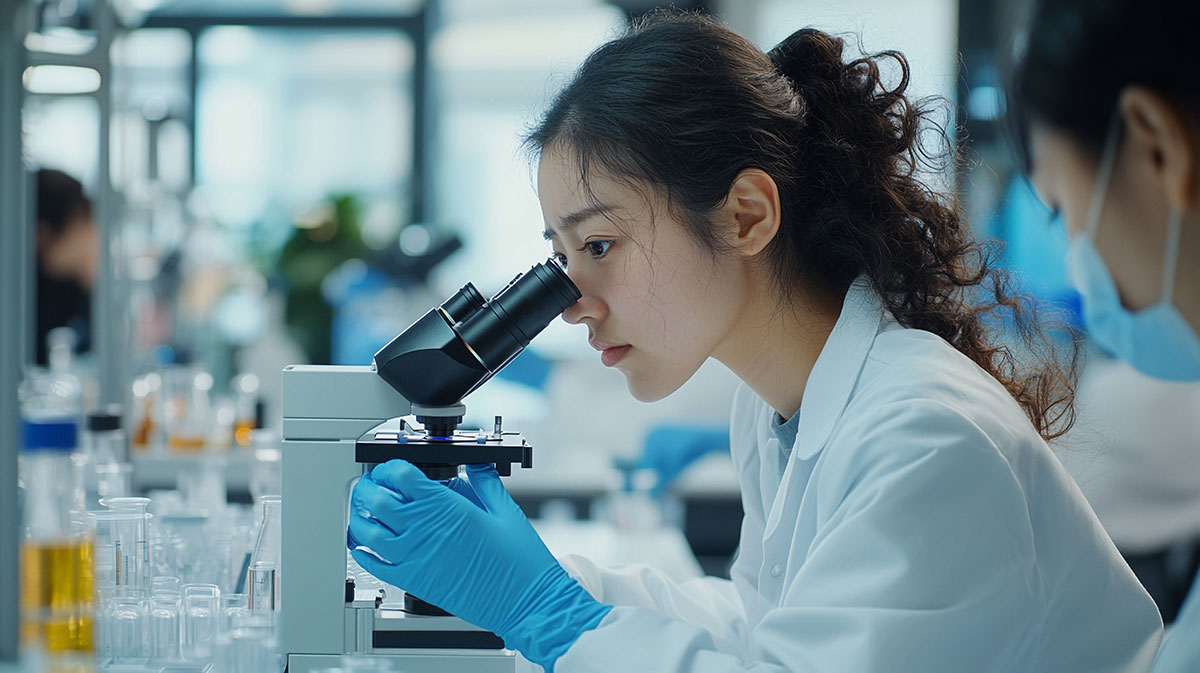A Global Mindset Starts at Home
When I reflect on the journey of training young scientists here in Taiwan, I see one key ingredient: helping students think globally from day one. At China Medical University (CMU) we believe in preparing life science talent not just for local impact but for a world stage. This means giving students access to international research, cross‑border mentorship, English‑language communication and the openness to learn and share across cultures.
International Exchanges That Open Doors
One of the most exciting initiatives at CMU is our student exchange and internship programs. Through the Office of Global Affairs we support student participation in overseas internships, summer schools and dual‐degree programs. For example, our exchange students have gone to partner universities in Japan,Singapore, the United States and Australia. These experiences immerse students in different research environments, expose them to diverse teaching methods and build their confidence in international teamwork.
I always tell students: when you present your research in English in another country, you’re not just talking science, you’re showing that you belong in the global conversation. At CMU we subsidize students to go abroad and bring that perspective back to Taiwan.
Research Competitions and English Communication
Another pillar in our talent‐building strategy is helping students build communication skills and research confidence. We run internal research competitions, thesis training in English, and workshops on presentation skills. My focus as a mentor has often been to encourage students to write and present in English even if they are more comfortable in Chinese, because the best science needs to be discussed without borders.
By emphasizing English proficiency and good science storytelling we help our graduates publish internationally, collaborate internationally and lead labs or biotech teams anywhere in the world. This culture of performance and communication is critical for bridging Taiwan’s research system and the global life science ecosystem.
Mentorship That Connects across Borders
From my own experience, studying at UCLA and doing postdoctoral work at MD Anderson Cancer Center, I know how mentorship, exposure and collaboration shape scientific careers. At CMU I work to provide similar opportunities for our students and postdocs: pairing them with international visits, helping them present to international conferences, encouraging co-authorship and job opportunities with collaborators abroad.
I believe mentorship is more than research technique: it includes guiding young scientists in how to publish, how to form international networks, how to adapt to new research cultures. It also means helping students stay curious, resilient and open‑minded— qualities that make a true global scientist.
Building a Life Science Ecosystem in Taiwan
Cultivating global talent is not just about sending students abroad. It’s about building a robust ecosystem at home that supports international standards: bilingual courses, international faculty, joint research programs, modern labs and global partnerships. CMU has postgraduate programs in biomedical sciences, translational medicine, cancer biology and aging research that offer joint mentorship and training.
We also integrate student exchanges and mixed‐language courses so that our students learn alongside peers from around the world. For example our International Student Exchange Program (ISEP) invites overseas students to Taiwan and offers English‐language courses on Taiwanese health insurance, hospital management, integrative medicine and more.
Why This Matters for Taiwan and the World
Why all this effort? Because the world needs more life science leaders who understand both local context and global trends. Taiwan has unique advantages: a high‑quality healthcare system, rich biomedical data, innovation capacity and strong student talent. By training scientists who are globally fluent, we amplify these strengths and contribute to global scientific progress.
From a broader perspective, when Taiwan’s scientists publish, collaborate and lead on the world stage, they help bring different perspectives to major challenges: cancer, aging, health systems, biotechnology. And by doing this, Taiwan moves from being a contributor to being a leader.
How Students Can Make the Most of It
To students reading this: if you aspire to be a globally‐minded life scientist, here are a few pieces of advice:
- Seek out international exposure: internships, exchange programs, symposiums.
- Build your English communication: publish in English, present in English, collaborate in English.
- Embrace mentorship: seek mentors inside and outside Taiwan who can support you.
- Be curious about global issues: health sciences, biotechnology trends, etc.
- Stay rooted locally: while expanding globally, know Taiwan’s strengths and how you can contribute back.
My Commitment as a Mentor
As a professor and mentor I am committed to creating pathways for students to grow, learn and lead. I strive to connect young scientists in Taiwan with collaborators in the U.S., Asia and Europe. I encourage our students to step outside comfort zones, engage with researchers around the world and bring back new knowledge to Taiwan. I believe that when we support the next generation with global opportunities and strong mentorship the impact is multiplied: students become researchers, innovators and leaders who serve both Taiwan and the world.
